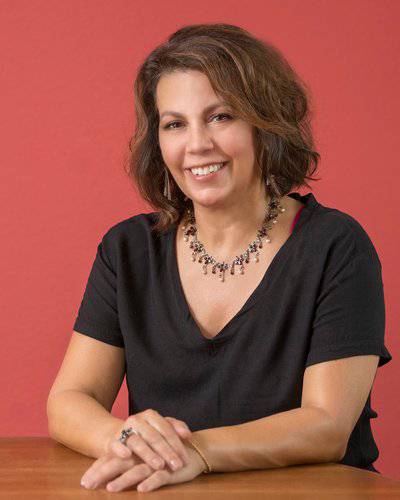western Herbalism
Western Herbology, also known as Western Herbal Medicine or Phytotherapy, is a traditional healing system that uses plants and plant-based remedies to promote health and treat various health conditions. This practice is deeply rooted in the herbal knowledge of various cultures in the Western world, including Europe and North America. It draws on the historical use of herbs by indigenous peoples, folk traditions, and the herbal knowledge of ancient civilizations. Key aspects of Western Herbology include
Practitioners of Western Herbology use a wide range of plant-based remedies, including teas, decoctions, tinctures, capsules, salves, ointments and poultices. Different parts of plants, such as leaves, flowers, roots, and bark, may be used for their therapeutic properties.
Western Herbology often takes a holistic approach to health, considering the physical, emotional, and spiritual aspects of an individual. Practitioners may address the root causes of health issues rather than merely treating symptoms.
Knowledge of plant identification is crucial in Western Herbology. Practitioners need to accurately identify plants and understand their properties, potential side effects, and interactions with other herbs or medications.
Western Herbology incorporates traditional knowledge passed down through generations. Herbalists may draw on historical texts, traditional recipes, and the wisdom of local communities to inform their practice.
Western herbalists may address a wide range of health conditions, including digestive issues, respiratory problems, skin disorders, immune system support, and stress-related conditions. Herbal remedies are often chosen based on their specific actions and properties
Practitioners of Western Herbology are generally mindful of safety considerations. They assess the appropriateness of herbs for specific individuals, taking into account factors such as age, underlying health conditions, and potential interactions with medications
While herbalism has historical roots in folk traditions, modern Western Herbalists may pursue formal education and certification programs. These programs cover topics such as botany, plant identification, herbal preparations, and clinical herbalism. I received my Certificate in Herbalism from the California School of Herbal Studies, Forestville Ca in 1989. Before that I also studied with many great Herbalists on the East Coast including Susan Weed of Woodstock New York.

